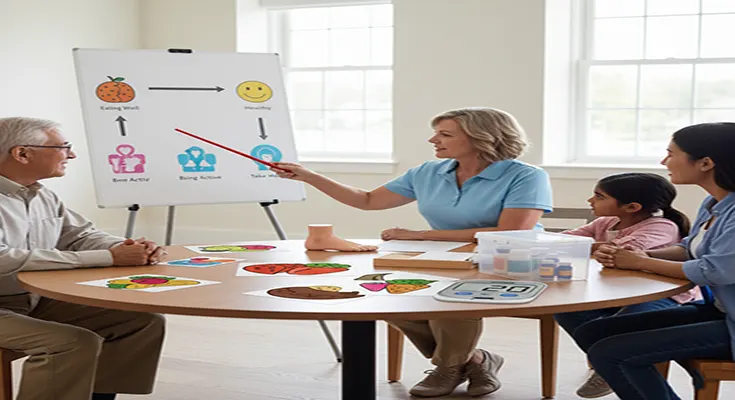
Bridging the Gap: Diabetes Self-Management Education for Low-Literacy Patients
Diabetes self-management is a complex, demanding task, requiring patients to understand medication schedules, dietary restrictions, and blood glucose monitoring. However, standard educational materials often rely on reading levels far exceeding the national average. For the millions of adults with low health literacy, these materials become a barrier, not a bridge, leading to poorer adherence and health outcomes. Therefore, developing highly effective diabetes self-management education materials for low literacy patients is not just beneficial—it is an ethical imperative.
The Imperative for Visual and Simple Communication
Low literacy affects a patient’s ability to understand written instructions, calculate dosages, and interpret charts. Traditional text-heavy pamphlets must be replaced with materials that prioritize visual communication and simplicity.
1. Focusing on “Need-to-Know” Information
Educational content must be streamlined, focusing only on the most critical, actionable information. Instead of explaining the pathophysiology of insulin resistance, materials should focus on the “Four Key Actions”:
- Take medication correctly.





